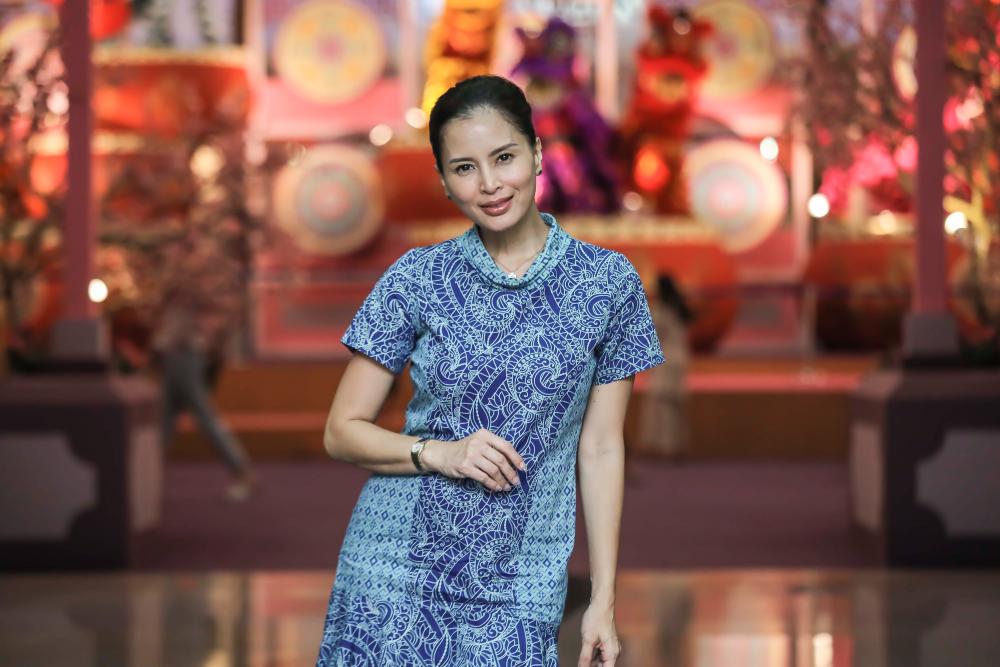DAPHNE IKING is no stranger to doing community work. Ask her the causes that she champions, and she’ll list them as “unwed pregnant mothers, stateless children, and children in general”. It sounds like a lot, but as she explains it, they are all interconnected.
“It started with unwed pregnant mothers, a few cases where they wanted to abort the child or give them up for adoption. Then we found out that most baby dumping cases are the result of stateless children,” says Daphne.
She explains that because the identity of the parents of these abandoned children is unknown, they become stateless.
“When we say stateless, a lot of people think of refugees. While refugees can be stateless, not all stateless individuals are refugees,” added Daphne.
In 1997, she championed for an amendment to the Child Act in the Malaysian constitution, specifically relating to sexual offences. This is where Daphne’s involvement in defending children’s rights began.
“We have the laws, but they are not applied. It gets a little bit tricky when religion and culture are involved.”
Daphne also explained just how complex the situation is, by using the example of one red-hot issue: child marriage.
“For instance, we want to ban child marriage ... it would be an older adult who wishes to marry a preteen girl. That’s just disgusting, and sexual grooming for sure.
“But then, as we were still banging tables, [Deputy Minister of Women, Family and Community Development] Hannah Yeoh [explained] everything to us. Do you remember how [Deputy Prime Minister] Datuk Seri Dr Wan Azizah Wan Ismail got a lot of flack for not speaking out against child marriage?
“We find that, and I know this for sure, more and more of our teenagers are getting sexually active. So we see 14- and 15-year-old girls are getting pregnant. Their boyfriend is also underaged.
“So if we ban child marriage, then these two consenting young pre-adults who want to raise and take responsibility for their child are not able to get married because they got that banned. The boy will be charged with statutory rape. Even though they love each other.”
Only then did Daphne and her fellow activists understand the complexity of the situation. The complete message, she believed, was not being delivered, especially to the public. As a result, most people judged Wan Azizah’s performance solely based on that lack of communication.
“With the full story in hand, it is easier for me to explain to people when they ask why the Ministry of Women, Family, and Community Development said nothing about the child marriage issue,“ says Daphne.
She added that in addition to accepting the situation, we should empower our youth with knowledge of the options they have, such as the use of a condom.
If you are raped, you have the opportunity to abort, you have that right, instead of marrying the victim off to a rapist.
We then switched topics to the complexity of doing community work. For someone from the outside looking in, celebrities doing community work may look like a publicity stunt. However, it is never as simple as it seems.
“As much as doing community work makes you feel good, it also drains you,” says Daphne. “You can’t get emotionally attached. Ten years ago I used to make the mistake of just giving money. This only helps them for a short while, if at all. Now I am more careful.”
Her journey into community work began in her 20’s when Daphne met a pregnant drug addict. Knowing that the pregnant girl’s parents had abandoned her, Daphne agreed to adopt her child, not knowing all the paperwork that must be done for it to be legal.
Daphne said: “She agreed at first. I was single at the time. In the end, the girl changed her mind, became strong and kept her son. I never heard from her again.
“I take cases involving drug addicts personally because my brother was a drug addict. Now I am staunchly against drugs.”
From there, it was a learning curve for Daphne. Now she has a network of like-minded friends and activists, each sharing their knowledge and experiences.
Most importantly, they keep each other motivated, lend a ear when they need to vent, and sometimes even a shoulder to cry on.









